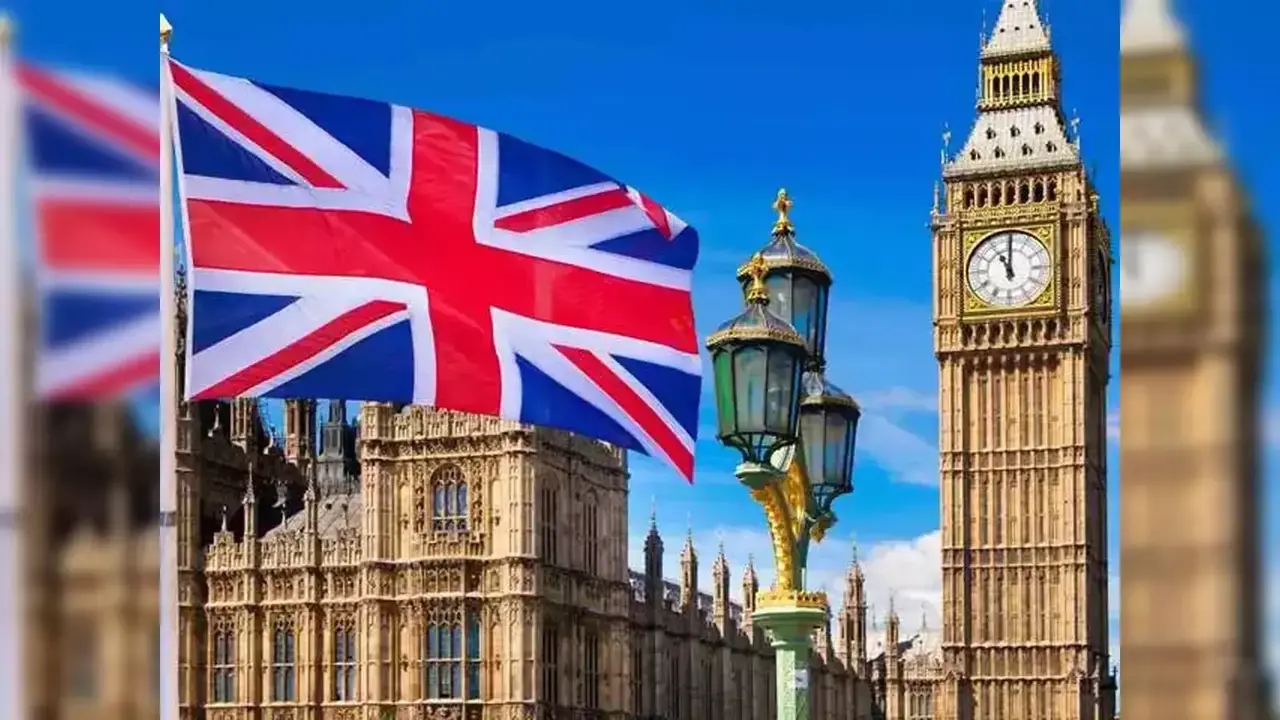The year 2025 is set to bring significant changes for European travelers entering the United Kingdom, as the UK government has announced a new entry system that will impose a fee on visitors from Europe. This new system marks a major shift in the relationship between the UK and its European neighbors post-Brexit. As the UK moves to implement stricter border controls, European travelers will soon need to not only prepare for an additional layer of bureaucracy but also for the financial impact of entry fees.
This article delves into the details of this new entry requirement, its implications, and what it means for European citizens visiting the UK.
The Introduction of the ETA: An Overview
Starting in 2025, European visitors will be required to apply for an Electronic Travel Authorization (ETA) to enter the UK. The ETA system will apply to nationals from the European Union (EU), European Economic Area (EEA), and Switzerland—who previously enjoyed visa-free access to the UK. The introduction of the ETA is part of the UK’s broader efforts to tighten border security and regain control of its immigration system following Brexit.
While the exact fee for the ETA has not been finalized, it is expected to be comparable to the European Union’s ETIAS system, which charges a fee of €7 for visitors entering the Schengen Zone. The UK government has emphasized that the ETA will not be a visa but rather a form of pre-travel authorization aimed at enhancing security.
Who Will Be Affected?
The new requirement will affect millions of European citizens who travel to the UK for tourism, business, study, or to visit family. Currently, EU, EEA, and Swiss citizens are able to enter the UK with just a passport or national ID card, but the introduction of the ETA will require all travelers from these regions to apply and pay for the authorization before embarking on their journey.
The ETA system will not only impact holidaymakers but also business travelers and students. In 2019, before the COVID-19 pandemic, over 30 million trips were made by EU nationals to the UK, making this a significant change for both visitors and the UK economy, which relies heavily on tourism and international business.
How Will the ETA System Work?
The ETA system is expected to function similarly to other electronic travel authorization systems around the world, such as the United States’ ESTA and the European Union’s upcoming ETIAS. Travelers will need to apply online for an ETA, providing personal information such as:
- Name
- Date of Birth
- Passport Information
- Travel Details
- Contact Information
In some cases, travelers may be required to answer questions regarding their travel history, criminal record, or health status. The application process is designed to be straightforward, taking just a few minutes to complete. Once approved, the ETA will likely be valid for multiple trips over a period of two to three years, although these details have yet to be finalized.
It is important to note that the ETA is not a visa. European travelers will not need to provide proof of accommodation, financial stability, or other requirements typically associated with visa applications. However, they will need to ensure that their ETA is approved before attempting to enter the UK.
Reasons for the Change: Post-Brexit Policies and Border Security
The decision to implement the ETA system is closely tied to the UK’s post-Brexit policies, which have focused on regaining control over immigration and borders. After the UK’s departure from the European Union in 2020, the country sought to redefine its relationship with the rest of Europe, including establishing its own rules for immigration and border control.
The introduction of the ETA is part of the UK’s broader strategy to enhance national security. By requiring travelers to submit their information ahead of time, the government can better vet individuals before they arrive, helping to prevent those with criminal backgrounds, security risks, or health concerns from entering the country.
This is part of a larger global trend where many countries have introduced electronic travel authorization systems to bolster security and streamline border control processes.
Impact on Travel and Tourism
The new entry fee and travel authorization requirements are likely to have a mixed impact on travel between the UK and Europe. On the one hand, the additional cost and bureaucracy may deter some travelers, especially those making short trips or traveling on a tight budget. The tourism sector, which has been hit hard by the pandemic, may also face challenges as the new fees could reduce the number of European visitors.
On the other hand, similar systems, such as the US’s ESTA and Canada’s eTA, have been in place for years without causing a significant drop in visitor numbers. The fee, while inconvenient, is relatively low and is not expected to be prohibitive for most travelers.
However, frequent travelers, such as business professionals and students, may feel the impact of these changes more acutely. For them, the ETA process could introduce additional costs and planning requirements, especially if the authorization is not granted in time or if multiple trips are planned within a short period.
The UK government has stated that the system is designed to ensure that the UK remains open to legitimate travelers while closing the door to potential threats. By streamlining the process and making it digital, they aim to minimize delays and inconvenience for those traveling to the UK.
Economic Implications
From an economic perspective, the introduction of the ETA may present both challenges and opportunities. The tourism and travel sectors may see a dip in European visitors, particularly from those who are put off by the extra cost and paperwork. The UK’s tourist industry is heavily reliant on European travelers, who contribute billions of pounds to the economy each year.
Conversely, the ETA fee will also generate revenue for the UK government, which can be reinvested into border security, technology, and immigration systems. Given that millions of Europeans travel to the UK each year, even a modest fee could result in significant financial gains for the government.
What European Travelers Should Do to Prepare
As the 2025 deadline approaches, European travelers who plan to visit the UK should be aware of the changes and take steps to prepare. Key actions include:
- Stay Informed: Keep up to date with the UK government’s announcements regarding the ETA system, including when applications open and the exact fee.
- Apply in Advance: Once the ETA system is live, travelers should apply well in advance of their planned travel dates to avoid any last-minute delays.
- Plan for the Cost: While the fee is expected to be relatively low, it’s an additional expense that travelers should budget for.
- Frequent Travelers: Those who visit the UK regularly should be aware of the multi-trip validity of the ETA and plan accordingly to minimize disruption.
Conclusion: A New Era of Travel Between the UK and Europe
The introduction of the ETA system in 2025 signals a new chapter in travel between the UK and Europe. While the requirement of an entry fee and pre-travel authorization may present challenges for some, it is part of a broader global trend toward enhanced border security. European travelers should stay informed and prepare for the changes to ensure smooth entry into the UK. Though the ETA system will introduce new costs and steps, it will also strengthen the UK’s ability to control its borders and improve national security.
As the UK continues to redefine its place in a post-Brexit world, the implementation of the ETA system is another example of the country establishing its independence from the European Union while seeking to maintain strong connections with its neighbors.





